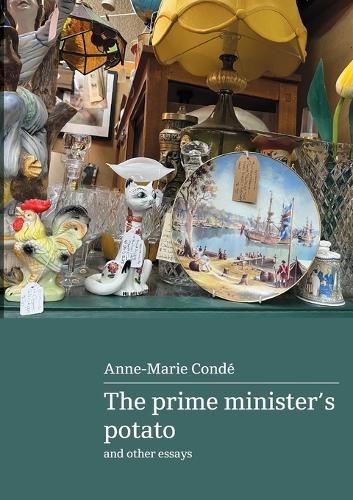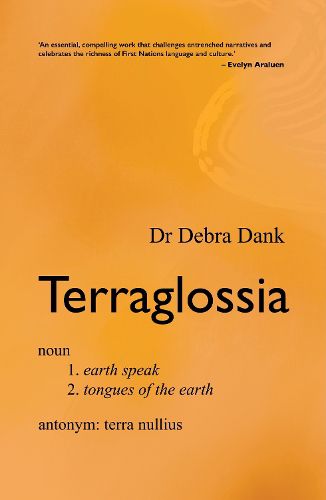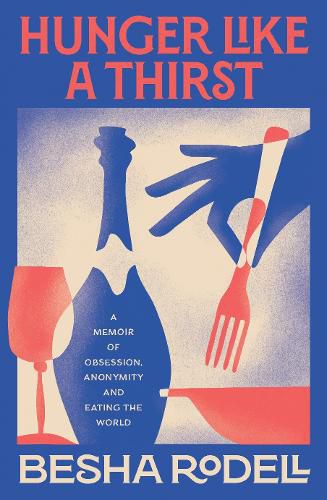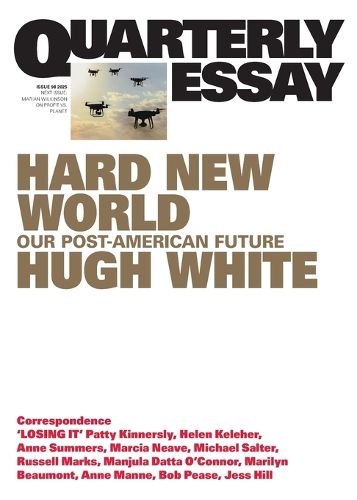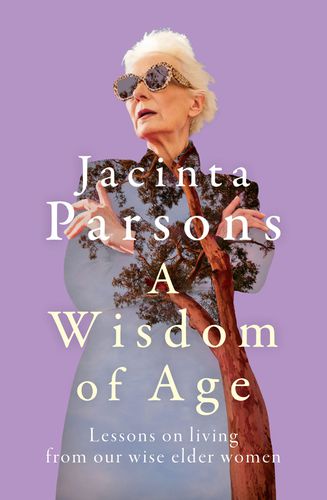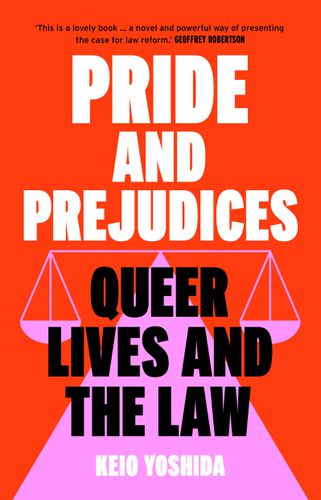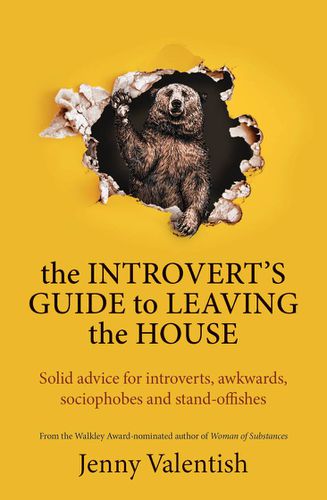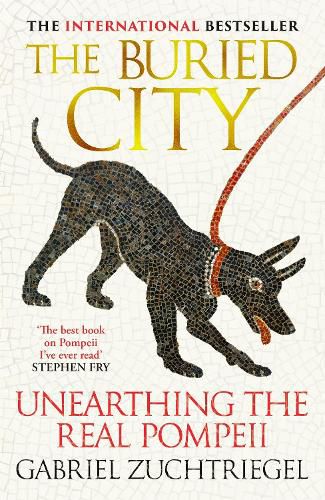Discover the new nonfiction books our booksellers are engaged with this month!
The prime minister’s potato and other essays
Anne-Marie Condé
In this tender collection of essays, historian and curator Anne-Marie Condé expands her sights towards the less-curated corners of history to explore how the smallest fragments of the past – postcards, commemorative plates, pavements, potatoes – can echo with the weight of history. With a gaze that is both respectful and exacting, Condé searches for meaning not in the grand arcs of battles and statesmen, but in the overlooked and the seemingly ordinary. What results is a quietly stunning meditation on memory, materiality, and the stories we secretly carry.
Condé writes with a skilled combination of intellectual precision and emotional attunement. Though clearly grounded in deep archival knowledge, her prose is animated by an insatiable curiosity and sometimes childlike awe of the unseen. Condé does more than interpret objects – she meets them, and through them, the people whom they once touched. The titular potato becomes not just a novelty but also a portal to deeper questions about what we choose to remember and how we might honour lives that official history often forgets. Condé coaxes human complexity from the faintest traces and invites us to consider our immediate world more carefully, to find connection in allegedly idle things, and to approach the past not only with reverence but also with great affection. Hers is a voice that sees the mystical in the mundane, and the enduring presence of those who came before.
This is not just history. It is storytelling of the highest order: insightful, discerning, and quietly magical.
Reviewed by Clem Larkins.
Terraglossia
Dr Debra Dank
Dr Debra Dank’s Terraglossia, the follow-up to her acclaimed We Come With This Place, represents both an exciting development in the field of Indigenous semiotics and an accessible foray into the worlds of culture, language and meaning-making that her academic work emerges from. Faced with the impact of colonial violence and the systemic silencing of Indigenous voices, Dank turns her attention to language itself, arguing that Australian English as it currently exists is incapable of capturing the intricate knowledges and communication systems of the first Australians, whose living cultures predate English by thousands of years. If we want a fairer, kinder Australia, she suggests we might have to reshape the very language we speak.
Far from just a snappy title, terraglossia is a concept central to this argument: Dank introduces it as a neologism meaning ‘tongues of the earth’ – standing in opposition to ‘terra nullius’ – but a fuller understanding of its importance only reaches you with the book’s final chapters, once you’ve grasped what it might mean for the earth to speak. Before you get there, Dank will lead you on a meandering reflection on communication and Country that encompasses her own lived experience both as a Gudanji/Wakaja and Kalkadoon woman and as a student and schoolteacher in various iterations of the Australian education system. For those unfamiliar with Indigenous concepts of relationality and responsibility, Dank is an admirable guide, although this book can demand patience and concentration in thornier sections.
Despite it being a book about speaking, I think the key to approaching Terraglossia lies in listening: listening to those voices of the earth; listening to forms of communication that don’t find expression in English; listening to the first custodians of this land about how to care for it; and, most of all, listening to Dr Debra Dank and her hopes for the future.
Reviewed by Joe Murray.
Hunger Like a Thirst
Besha Rodell
This is a memoir and a manual of sorts. Besha Rodell is a restaurant critic, columnist and freelance reporter based in Melbourne. She is a James Beard Award winner and served as restaurant critic for LA Weekly for years. Her work now appears frequently in The New York Times and The Age, and if I knew her, we would be particularly good friends. We would meet at a swanky, dimly lit bar that serves delicious dishes with matched wines and talk about motherhood, misogyny and food – my top three favourite topics after literature – for hours. Given that I do not know her, reading her excellent and funny stories is the next best thing.
Like Rodell, I have always loved knowing the origins of restaurants. Unlike me, she started her love affair with all things fancy and fine at Melbourne’s own Stephanie’s when she was eight years old. It was there that she fell utterly in love with the luxury of perfect service and tastes. As her family situation was not typical, her story moves from Melbourne and through various American states and finally back to Australia. Along the way, she had a dream job, lost it, found another, and held on to her voice, which is clear and full of intelligent, iconic appraisals –most importantly, of herself. Rodell is one of the very few female (and until recently, anonymous) restaurant critics working in the world today.
This book is a history lesson on how, over the last 25 years, food became a source of entertainment. Readers of Anthony Bourdain, or Jay Rayner, will delight in it. Women juggling families with careers will relate. Anyone chasing a dream job will be inspired by Rodell’s story of commitment and gumption. And for those who dream of food, this writing will make you laugh and hungry for more.
Reviewed by Chris Gordon.
Also recommended are:
Quarterly Essay 98: Hard New World - Our Post-American Future
Hugh White
What is Australia’s place in the new global landscape? Are we ready for our post-American future? In an era of rising danger for all, and dramatic choices for Australia, Hugh White explores how the world is changing and Australia should respond.
Under Donald Trump, America's retreat from global leadership has been swift and erratic. China, Russia and India are on the move. White explains the big strategic trends driving the war in Ukraine, and why America has "lost" Asia. He discusses Albanese Labor's record and its post-election choices, and why complacency about the American alliance – including AUKUS – is no longer an option. This essential essay urges us to make our way in a hard new world with realism and confidence.
A Wisdom of Age
Jacinta Parsons
As part of the promotion for her 2022 book A Question of Age, Jacinta Parsons has been having conversations with a broad cohort of women of varying ages and backgrounds about the experience of being a woman and ageing. Over the course of these conversations, it has become clear to Jacinta that the conversation about ageing for women is alive and bubbling with a kind of excitement – that is, women are ready to do ageing differently.
In this book, Jacinta talks to the women who inspire her, the women who are doing this ageing thing right. Looking to the source, Jacinta is mining the wisdom direct from those that know how to do it well, those older women who say, this is what feels good. Drawing from the experiences of everyday women right around the country, Jacinta reflects on conversations she's been having about the 'wisdoms' of ageing, asking: now that we know what's held us back and who has controlled this narrative, how are we going to do this better?
Pride and Prejudices: Queer Lives and the Law
Keio Yoshida
Internationally acclaimed human rights lawyer Keio Yoshida uncovers the ongoing battle for LGBTQ+ rights, how far we've come, and how much further we have to go.
The right to life and the right to live life free from discrimination are rights that are codified and legally protected, but there is no dedicated and binding treaty or convention in international human rights law with respect to LGBTQ+ rights. Yoshida analyses case law from around the world, addressing the legal problems that still persist and contribute to the violence and discrimination that the international LGBTQ+ population experiences, uncovering how far we’ve come, and how much further we must go.
The Introvert's Guide to Leaving the House
Jenny Valentish
At last: a practical and relatable book for introverts, stand-offishs, sociophobes and awkwards. The Introvert's Guide to Leaving the House is stuffed full of game plans for every excruciating social scenario.
Journalist and reformed sociophobe Jenny Valentish will help you extend your social battery life, tackle fear of judgement, form more meaningful connections, create an online presence that feels comfortable, express more of your body's own bonding chemicals, hit a party like a SWAT team, nail phone conversations, handle conflict, become a more confident manager and team player, hack public speaking, turn small talk into profound connections, reframe limiting self-beliefs, and navigate the overlap between social anxiety and neurodiversity.
Do we Wary Marys need curing? Of course not. But sometimes we can do with a few aces up our sleeves to navigate social interactions.
The Buried City
Gabriel Zuchtriegel, translated by Jamie Bulloch
A vast area of Pompeii is being excavated for the first time, revealing astonishing insights into how people really lived. In this revelatory new history, Director of Pompeii Gabriel Zuchtriegel shares the untold stories that are at last emerging.
Pompeii is a world frozen in time. There are unmade beds, dishes left drying, tools abandoned by workmen, bodies embracing with love and fear. And alongside the remnants of everyday life, there are captivating works of art: lifelike portraits, exquisite frescos and mosaics, and the extraordinary sculpture of a sleeping boy, curled up under a blanket that's too small.
The Buried City reconstructs the catastrophe that destroyed Pompeii on 24 August 79 CE, but it also offers a behind-the-scenes tour of the city as it was before: who lived here, what mattered to them, and what happened in their final hours. It offers us a vivid sense of Pompeii's continuing relevance, and proves that ancient history is much closer to us than we think.


